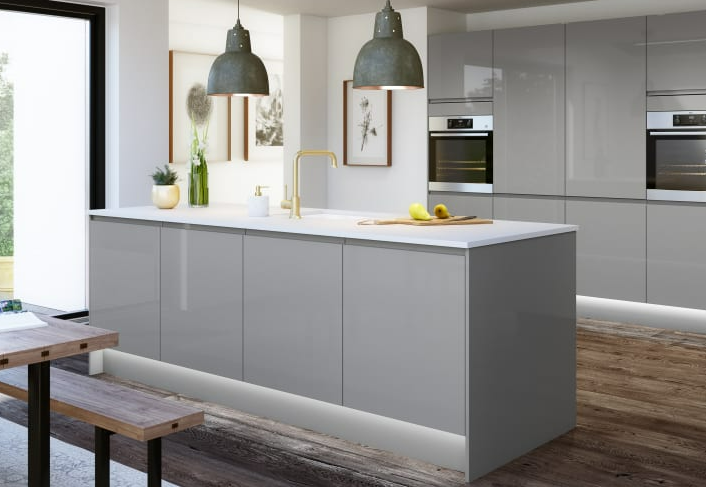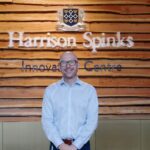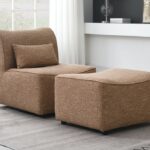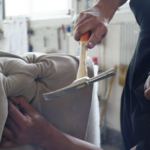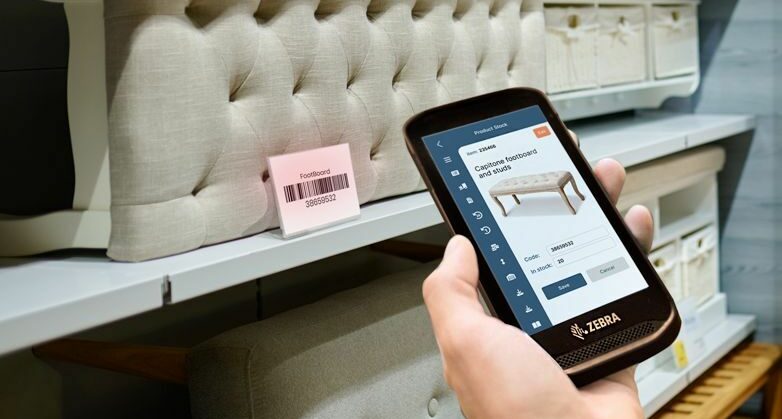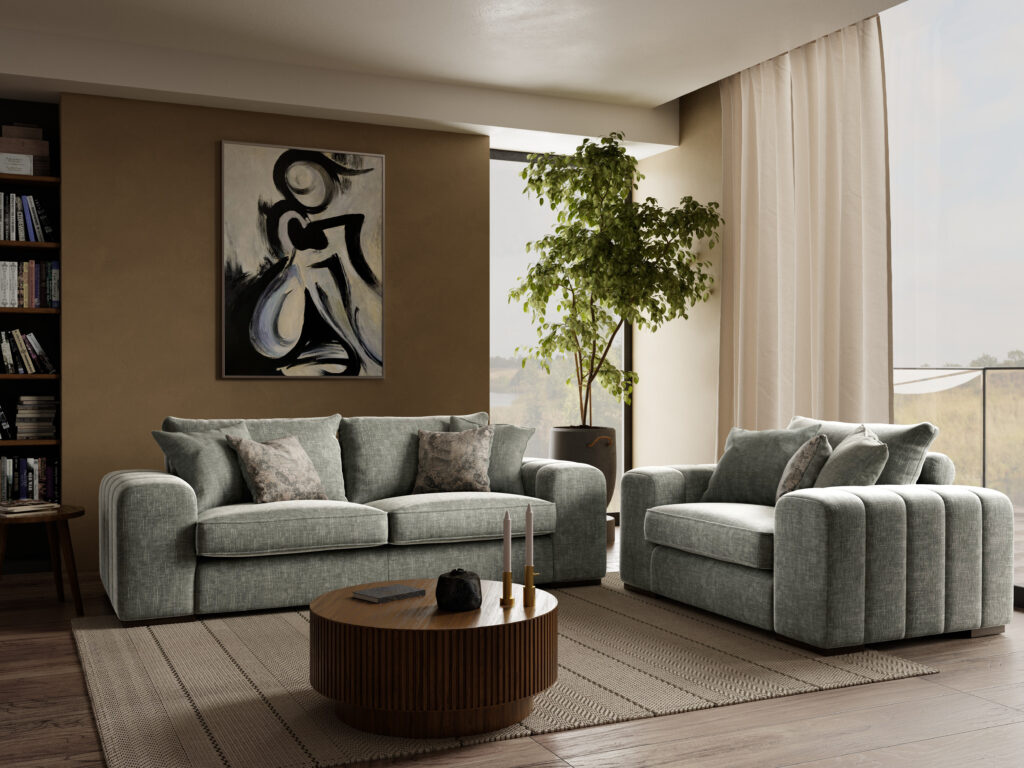Swedish kitchen furniture group Nobia, owner of UK brand Magnet, has reported a positive second quarter and half year for its British division.
According to its latest trading update ended June 2022, second quarter sales in the UK increased to SEK 1,286m from SEK 1,168m, with organic growth up 5%. Adjusted for the discontinuation of sales to Benchmarx, organic sales growth was 10%, primarily as a result of growth in Magnet Retail.
Gross margin increased to 41.2% (38.5), while direct material costs increased, which was more than offset by price increases and a favourable sales mix. Operating profit decreased to SEK 14m (SEK 34m).
The Group’s net sales increased to SEK 3,890m from SEK 3,622m, with organic growth up 3%.
Jon Sintorn, President and CEO of Nobia, said: “Magnet retail had a strong quarter with 30% growth as we delivered on the order book from the winter sales campaign. Efforts to improve the mix through new product introductions, such as Nordic Nature and customized painted kitchens, are paying off through improved average order values.
“We are continuing to invest in sales-driving activities, primarily more kitchen design capacity, and recently opened the first flagship store in a new Magnet store format. The previously communicated cost-out programme, mainly to address overheads in the UK, was completed in the period. The total cost for the programme amounted to SEK 150m and will generate annual savings of SEK 140m.
“The UK market is estimated to be broadly on the same level, with the trade segment increasing while certain segments of the UK project market remain considerably below pre-pandemic levels, especially for premium high-rise in central London.”
Net sales for the first six months totalled SEK 7,669m, up 10% from SEK 6,995m in 2021, with UK sales up 6% to SEK 155m. Profit after tax amounted to SEK 145m, down from SEK 390m against the same period last year.
Jon added: “Retail footfall was good as we entered the summer campaign period, especially in the UK. On the sourcing side, material availability remains challenging, although gradually improving.”


